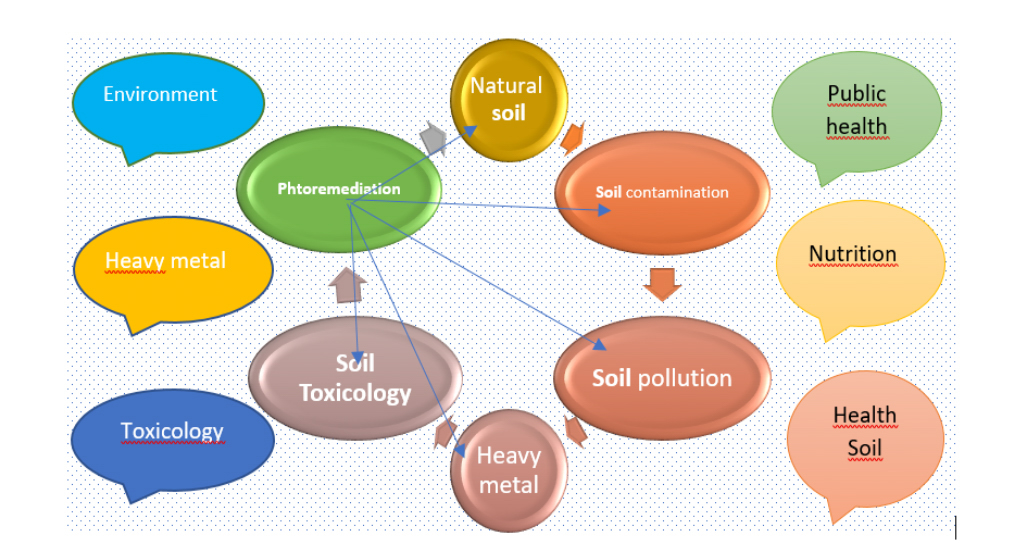
Chromium is a common heavy metal pollutant found in industrial wastewaters which may pollute agricultural soils through groundwater and watering. Phytoremediation is an economical and highly applicable method for removal of pollutants from agricultural soils. This research was carried out for the removal of hexavalent chromium (Cr (VI)) contamination from the soil with the phytoremediation method. For this purpose, only 30 mg kg-1 hexavalent chromium (Cr (VI) as Chromium CrO3, only 10 mL bacteria Rhodobacter capsulatus DSM1710 and chromium plus bacteria applied to the pots and Malabar spinach (Basella alba L.) grown in the pots. At the end of experiment the results showed that side branching, leaf width, plant dry weights were the highest agro-morphological traits when bacteria were applied to chromium polluted soil. Some macro and micro nutrient elements which are essential for plant nutrition were analyzed (N, P, K, Ca, Mg, Fe, Cu, Mn and Zn). Among them, N, P, Fe, Cu, Mn and Zn were found to be statistically significant at the level of 5%. The Cr content of Malabar spinach in control soil was 0.31mgkg-1, but it was 2.33mgkg-1 when the soil was contaminated with Cr at the end of experiment. Moreover, when bacteria were additionally applied the Cr content increased to 4.02 mgkg-1 of Malabar spinach. Chromium pollution antagonistically affected both some nutrient element (P, K, Ca; Mg) and some heavy metals (Fe, Cu, Zn, Mn) in the soil. This study shows that phytoremediation can be used to remove the soil pollution caused by containing high hexavalent chromium. For this reason, the nitrogen fixing bacterium Rhodobacter capsulatus and the hyperaccumulator Malabar spinach plant can be used. It is the first study where Malabar spinach was used a hyperaccumulator plant for chromium pollution in the soils.
Total file downloads: 12